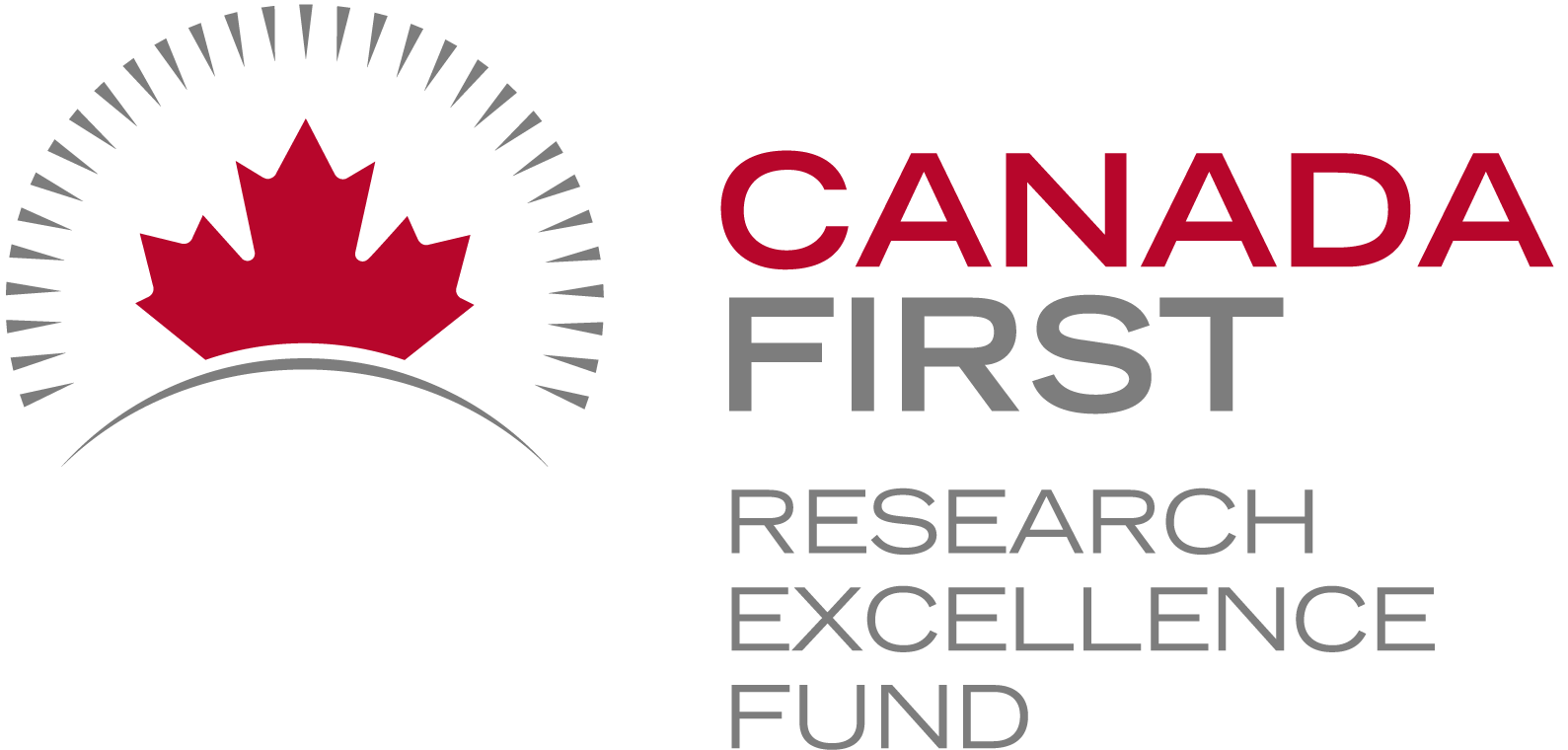
Searching for ADC Data Schemas
Alrighty – so you have been learning about the Semantic Engine and how important documentation is when it comes to research data – ok, ok, yes documentation is important to any and all data, but we’ll stay in our lanes here and keep our conversation to research data. We’ve talked about Research Data Management and how the FAIR principles intertwine and how the Semantic Engine is one fabulous tool to enable our researchers to create FAIR research data.
But… now that you’ve created your data schema, where can you save it and make it available for others to see and use? There’s nothing wrong with storing it within your research group environment, but what if there are others around the world working on a related project? Wouldn’t it be great to share your data schemas? Maybe get a little extra reference credit along your academic path?
Let me walk you through what we have been doing with the data schemas created for the Ontario Dairy Research Centre data portal. There are 30+ data schemas that reflect the many data sources/datasets that are collected dynamically at the Ontario Research Dairy Centre (ODRC), and we want to ensure that the information regarding our data collection and data sources is widely available to our users and beyond by depositing our data schemas into a data repository. We want to encourage the use and reuse of our data schemas – can we say R in FAIR?
Storing the ADC data schemas
Agri-food Data Canada(ADC) supports, encourages, and enables the use of national platforms such as Borealis – Canadian Dataverse Repository. The ADC team has been working with local researchers to deposit their research data into this repository for many years through our OAC Historical Data project. As we work on developing FAIR data and ensuring our data resources are available in a national data repository, we began to investigate the use of Borealis as a repository for ADC data schemas. We recognize the need to share data schemas and encourage all to do so – data repositories are not just for data – let’s publish our data schemas!
If you are interested in publishing your data schemas, please contact adc@uoguelph.ca for more information. Our YouTube series: Agri-food Data Canada – Data Deposits into Borealis (Agri-environmental Data Repository) will be updated this semester to provide you guidance on recommended practices on publishing data schemas.
Where is the data schema?
So, I hope you understand now that we can deposit data schemas into a data repository – and here at ADC, we are using the Borealis research data repository. But now the question becomes – how, in the world do I find the data schemas? I’ll walk you through an example to help you find data schemas that we have created and deposited for the data collected at the ODRC.
- Visit Borealis (the Canadian Dataverse Repository) or the data repository for research data.
- In the search box type: Milking data schema
- You will get a LOT of results (152, 870+) so let’s try that one again
- Go back to the Search box and using boolean searching techniques in the search box type: “data schema” AND milking
- Now you should have around 35 results – essentially any entry that has the words data schema together and milking somewhere in the record
- From this list select the entry that matches the data you are aiming to collect – let’s say the students were working with the cows in the milking parlour. So you would select ODRC data schema: Milk parlour data


Now you have a data schema that you can use and share among your colleagues, classmates, labmates, researchers, etc…..
Remember to check out what you else you can do with these schemas by reading about all about Data Verification.
Summary
A quick summary:
- I can deposit my data schemas into a repository – safe keeping, sharing, and getting academic credit all in one shot!
- I can search for a data schema in a repository such as Borealis
- I can use a data schema someone else has created for my own data entry and data verification!
Wow! Research data life is getting FAIRer by the day!
![]()



